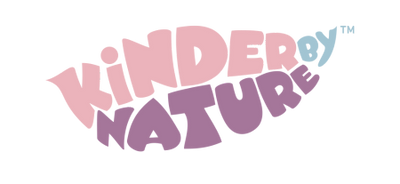There’s something majestic about the deep blue sea that’s captured the imagination of many, it’s vast and mysterious nature once led us to believe in mermaids, sea serpents and even the lost city of Atlantis. Even though these myths may not be true, much remains unknown about the world’s oceans to this day.
One thing is for certain, the ocean is vital to our existence. It covers over three quarters of the earth’s surface and holds 97% of our planet’s water. Marine plants provide at least 50% of the oxygen we need to breathe, no matter how far inland we are. The ocean is a climate regulator, sending currents around the world and balancing the carbon cycle. Its waters are home to hundreds of thousands of known species, with many more to be discovered.
Humanity has long held onto the belief that because the ocean is so vast, we can do it no harm. But over the last few years and hundreds of news articles and discoveries, the ocean has never been more vulnerable. Here are a few tips you can use to help keep our oceans healthy:
- You guessed it – use fewer plastic products.
Each year, more than 100 million marine animals are killed by even the smallest plastic particles. Lessen your impact by carrying a reusable water bottle, taking your own shopping bags, and reducing, reusing and recycling as often as possible. Jackson Reece wipes are a perfect example as our packaging is recyclable and our wipes are made from 100% wood pulp – meaning there is zero plastic!
- Take care of the beach
Many of us spend our free time out in the sand or in water. Explore and appreciate the ocean without removing wildlife, rocks, or shells. Pay extra attention to what you bring to the beach and remember to take it home with you, rubbish, and all!
- Choose safe, sustainable seafood
Over fishing has led to the rapid depletion of certain fish populations. Download the Seafood Watch app to see what’s sustainable and what to avoid
- Educate yourself and those around you
The more you learn about the ocean, the better suited you are to address the challenges it faces. Consider watching documentaries about the ocean, reading articles or books, or following conservation organisations on social media.
These small changes could make a huge difference to doing your bit to save the ocean.





















